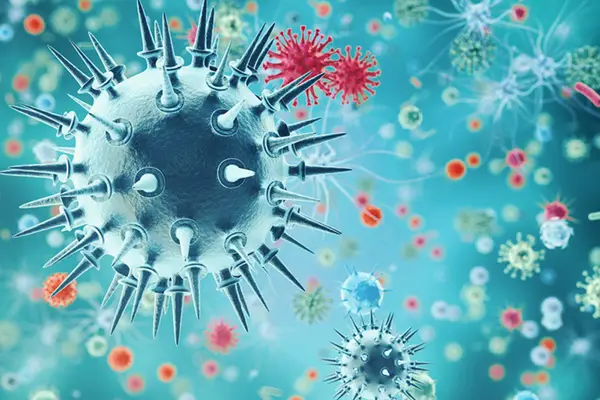The 112th International Labour Conference (ILC) has recently moved to establish the first international regulation on “Biological Hazards” or “Biohazards” in workplaces, addressing a current lack of global standards for managing biological risks in work environments.
About Biological Hazards:
- Biological hazards originate organically or are transmitted by biological vectors, including pathogenic microbes (bacteria, viruses, fungi), toxins, and bioactive substances that can lead to loss of life, injury, property damage, or environmental degradation.
- Workers in sectors such as livestock, industries dealing with moulds and yeasts, healthcare, agriculture, and laboratory settings are particularly vulnerable to these hazards.
- Factors contributing to biohazards include shifts in atmospheric and weather conditions, increased heat-related morbidity risks, overuse of antimicrobials in medicine, and improper disposal of hospital and sanitary wastes.
| UPSC IAS Preparation Resources | |
| Current Affairs Analysis | Topperspedia |
| GS Shots | Simply Explained |
| Daily Flash Cards | Daily Quiz |



